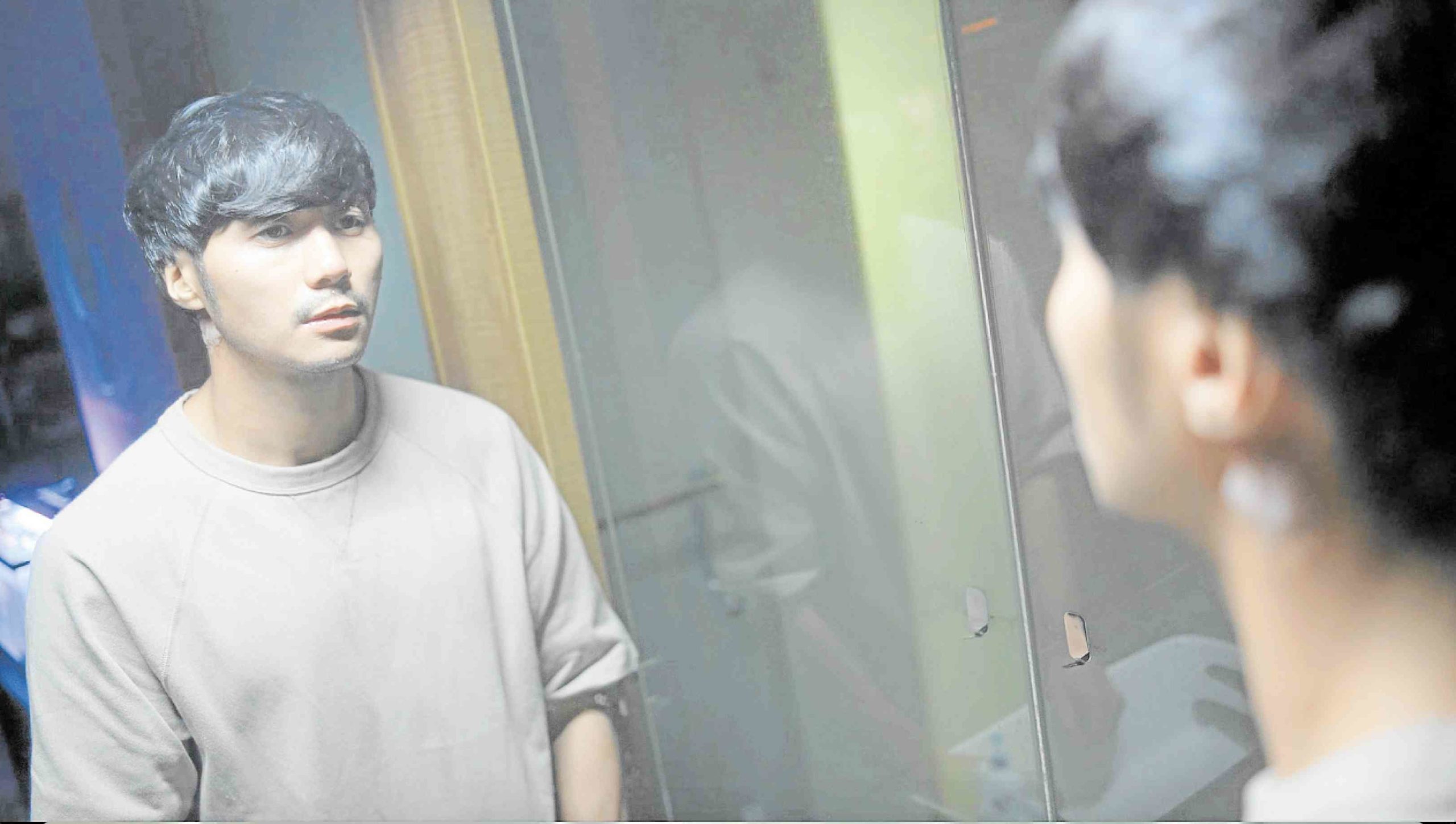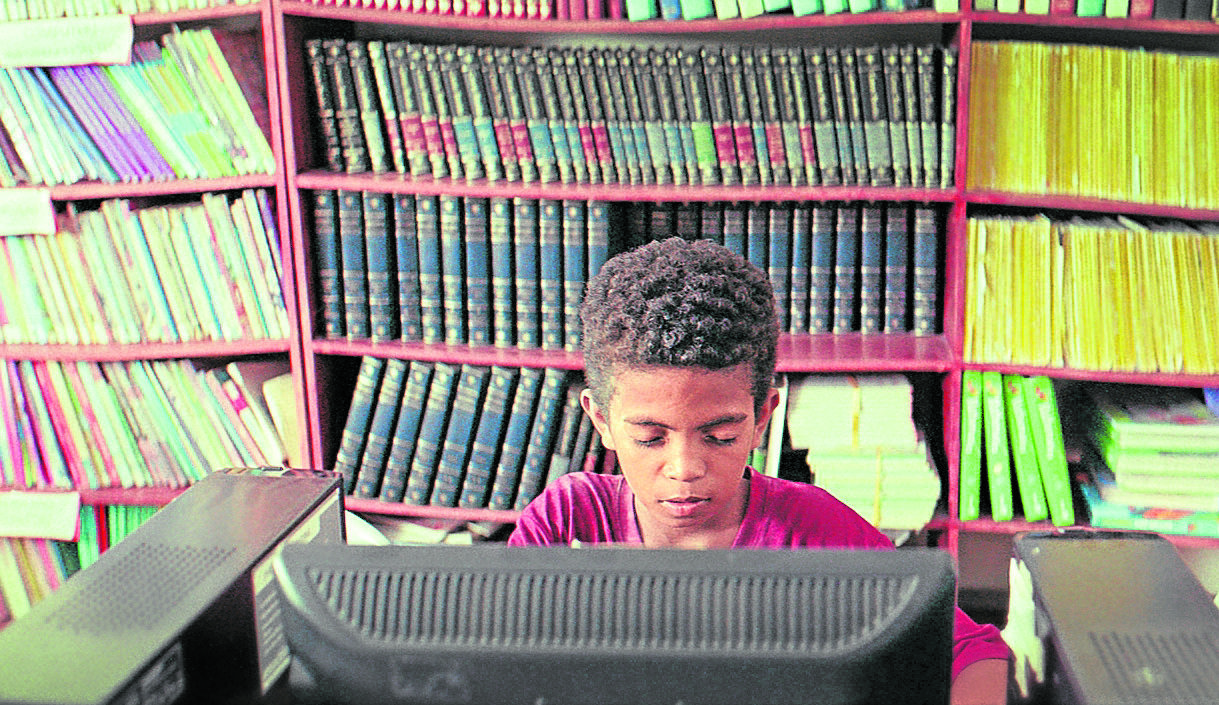
“13 Feet”
There are a lot of modules being produced for schools. We were conscious that these films would not look like modules,” according to film critic and educator Tito Valiente, who is a member of the seven-head jury of the ongoing 2021 Sine Halaga Film Festival.
The works of 12 filmmakers, who each received a P400,000 grant from the National Commission for Culture and the Arts (NCCA), are being exhibited in Sine Halaga, which had a virtual grand launch on Aug 25. Their short films, which highlight Filipino cultural values, will also be used for classroom education.
“There is always something new to learn from films. This particular art form is a very strong and potent force of change. The goal here is to be able to tell a good story and send a positive message while harnessing the strength of cinema,” Valiente pointed out. He also said that when the jury chose the finalists from among 100 entries, “we didn’t forget that we are dealing with filmmakers, not educators. It was clear to us what we had to look for. We considered their film language, cinematography, actors’ performance, and also sound design. We made sure that requirements on cinematic elements are still high.”
Valiente added: “And then we looked at their story treatment and script. The challenge also was how to think forward and imagine the end products. So part of the requirements was that the finalists have to be established filmmakers, so that we have to be able to see their previous works as the basis.”
The following are the 12 short films in exhibition: Richard Legaspi’s “Bakit ako Sinusundan ng Buwan,” Zig Madamba Dulay’s “Black Rainbow,” Arden Rod Condez’s “Dandansoy,” Ralston Jover’s “Hadlok,” James Fajardo’s “Looking for Rafflesias and other Fleeting Things,” Noel Escondo’s “Lorna,” Jan Carlo Natividad’s “Masalimuut Ya Tiyagew Ed Dayat,” Christopher Gozum’s “Mina’s Family History,” Kurt Steven Soberano’s “Sa Balay ni Papang,” Jordan Jose dela Cruz’s “Salog ning Diklom,” Manie Magbanua Jr.’s “Ugbos ka Bayabas,” and Carlo Obispo’s “13 Feet.”

“Black Rainbow”
For everyoneAccording to film festival director Elvert Bañares, the shorts will be made available to the public for free via Vimeo OnDemand and the NCCA Learning Resource Hub website for an entire year.
Bañares explained why: “We believe that people running an educational program shouldn’t have deadlines or time span, meaning if you look at the sources of education that teachers are using today, they still make do with even films produced in the 1950s. We want these films to last longer, even longer than us.”
He further said: “Also, Vimeo is for everyone, meaning Filipinos all over the world can access it. We don’t have geo-blocking unless our participating filmmakers are competing in a specific area. They will simply inform us and we will block that particular territory. And, yes, they are allowed to compete in other festivals. That’s really the goal of any film—for it to reach as many audiences as possible. We support that.”
Bañares added that all the 12 shorts in exhibition tackle 19 Filipino values identified from a two-year research conducted by the NCCA “to uncover insights on what Filipinos value at present. These include personal values such as the value of the self, life and purpose, resilience, happiness; as well as social values such as good governance, love for country, honesty and integrity. Each film was written to reiterate the importance of these Filipino values while depicting local customs and practices.”
Aside from Valiente, the following participated in the film selection process: NCCA Committee on Cinema chair Rolando Tolentino; filmmakers Jeffrey Jeturian, Roy Iglesias and Sari Dalena; National Study on Filipino Values author and lead researcher Arvin Villalon and coauthor Jose Soliman Jr.
The 2021 Sine Halaga Film Festival is produced by the NCCA in partnership with the Negros Cultural Foundation.

